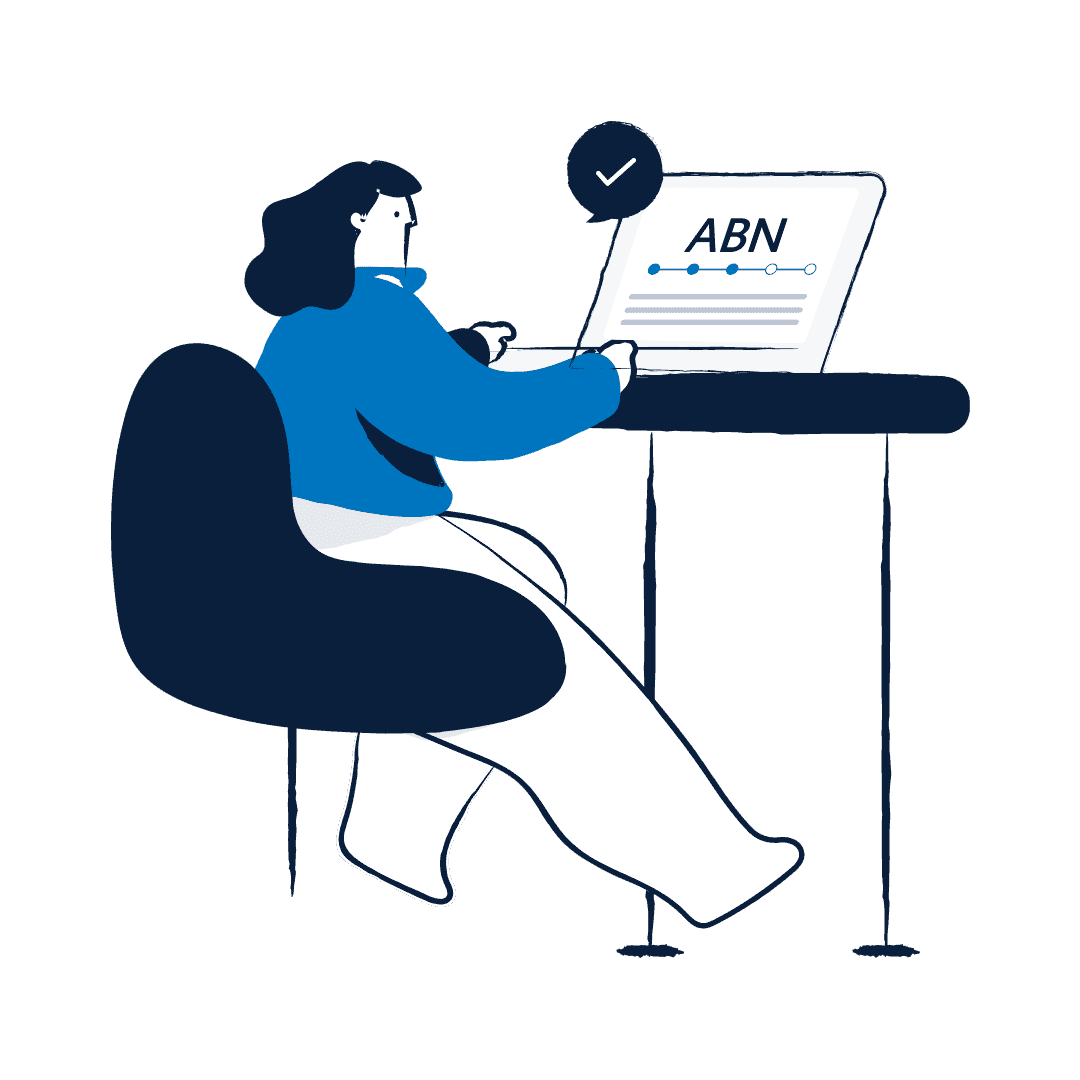‘Dropshipping’ is a relatively new means of buying and selling products online. It can therefore be confusing to know what laws you need to comply with to start it in Australia, like if you need an Australian Business Number (ABN).
The purpose of this guide is to answer this query. We’ll first take a look at what ABNs are and who needs to have them. We’ll also look at what dropshipping is exactly. Finally, we’ll show that for the most part, you’ll probably need an ABN to do it.
Table of Contents
What is an Australian Business Number (ABN)?
An ABN is a unique eleven-digit number which identifies registered businesses in Australia. This number is obtained through the Australian Taxation Office (ATO). Having an ABN is a legal requirement to run a business in Australia. This is true whether you operate as a sole trader, a partnership, or a company.
Who needs an Australian Business Number (ABN)?
You may be unsure about whether you operate as any of these three. The key consideration is whether you are ‘carrying on an enterprise’ in Australia (or planning to). This is true even if you are located outside of Australia. ‘Carrying on an enterprise’ essentially means you are running a business and therefore need an ABN. There is no hard and fast test for determining this unfortunately. However, there are some typical features of a business which can provide guidance on this qualitative consideration. For example, if you make a profit in a structured, business-like way, and you can think of businesses which operate quite similarly, you are most likely ‘carrying on an enterprise’ and need to have an ABN.

Start your ABN application in minutes!
Need an Australian Business Number to start a casual job? We've got you covered.
What is dropshipping?
Dropshipping is a new method of buying and selling goods online. ‘Dropshippers’ don’t sell any products of their own, nor do they manage inventory of the products they do sell. Instead, they partner with wholesale suppliers and buy directly from them only as orders come through. This is why there is low startup costs for dropshipping. Manufacturing costs, inventory costs, and physical capital costs (like a storefront) are all cut. This allows dropshippers to focus on marketing and branding their products online.
Do You Need an Australian Business Number (ABN) for dropshipping?
Given the lack of inventory, inventory management facilities, a storefront, and other traditional features of a business involved in dropshipping, it can be difficult to know if it even counts as a business. The important things to consider are your plan, profit, and platform.
Plan
Look at your plan on how you are going to operate your dropshipping activities. Does it detail things like a business name, business finances and bank accounts, and marketing and branding strategies for the products you wish to dropship? If so, your dropshipping activities are likely a business and you will probably need to have an ABN.
Profit
Consider whether or not you intend to make a profit from dropshipping. Are you planning to sell many products you source from wholesale suppliers at a higher price than you obtain them? Additionally, are you planning on recouping delivery and other costs through this higher price? If so, your dropshipping activities are likely a business and you will probably need to have an ABN.
Platform
Think about the platform you want to run your dropshipping activities through. Is it an online space which you pay for, including things like a domain name and advertisement? If so, your dropshipping activities are likely a business and you will probably need to have an ABN.
Essentially, these three key considerations, alone or in combination, can be good indicators that you will need an ABN. If you’re still having trouble deciding if you need an ABN, check out further guidance from the ATO.
Conclusion
In all, dropshipping can be an exciting activity to get into. However, it’s important to identify whether you want to do it as a business, and if so, to get an ABN. Pro-tip: If you are planning a dropshipping business, you should consider eventually setting up multiple businesses to capture different niche markets.




